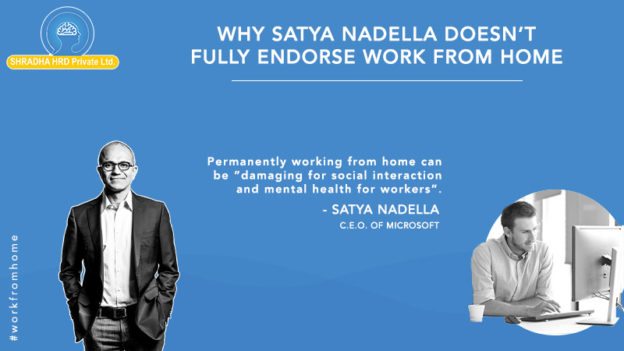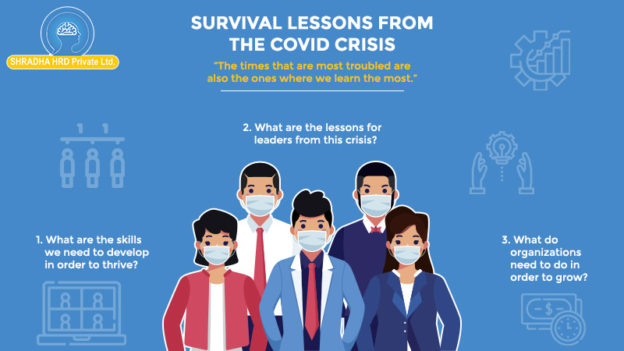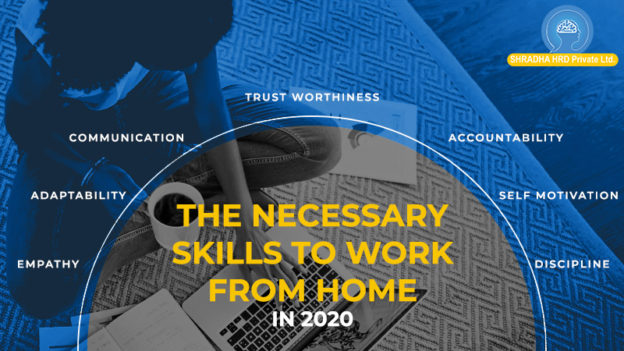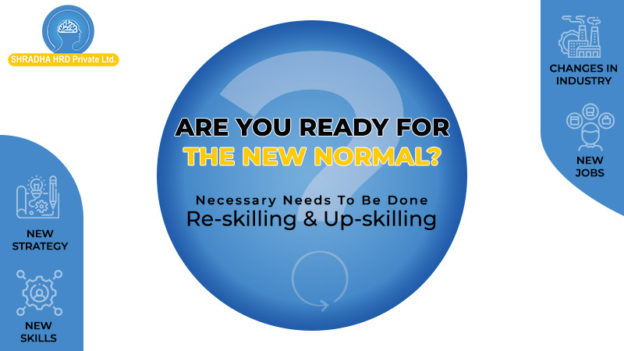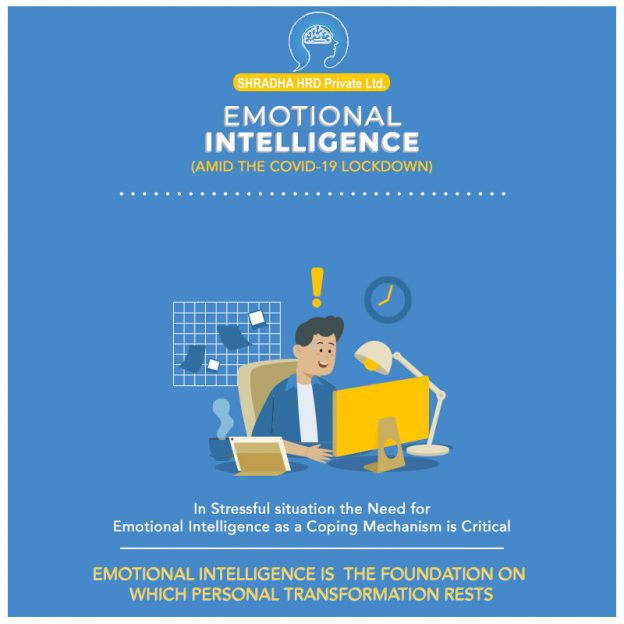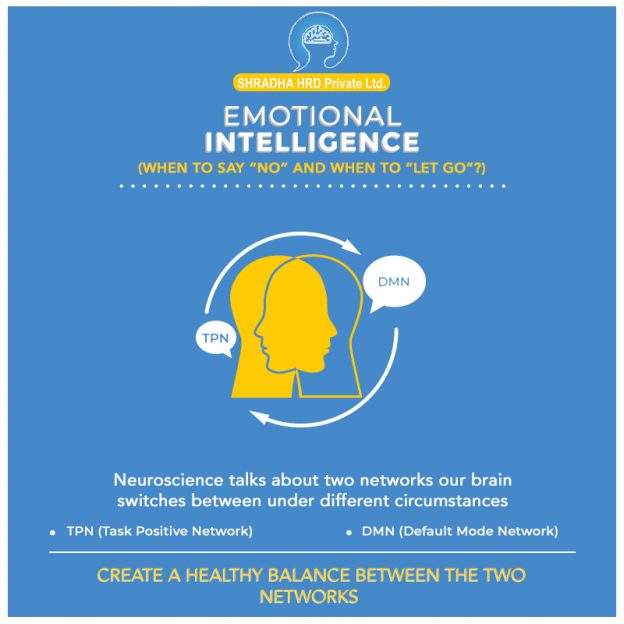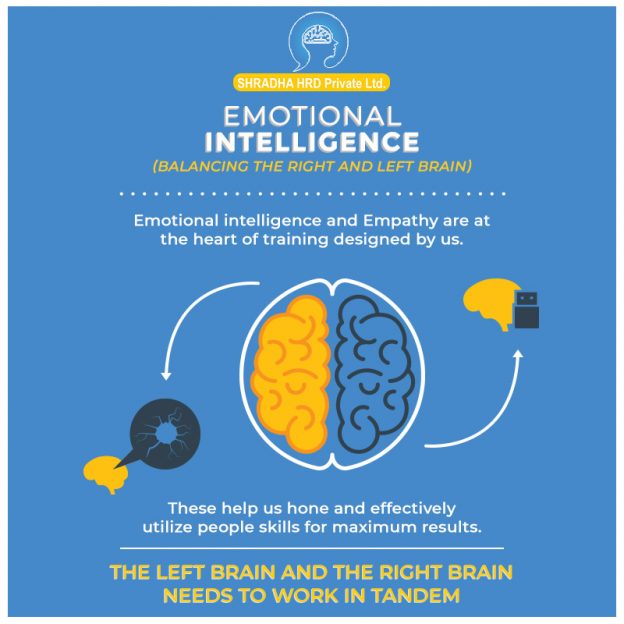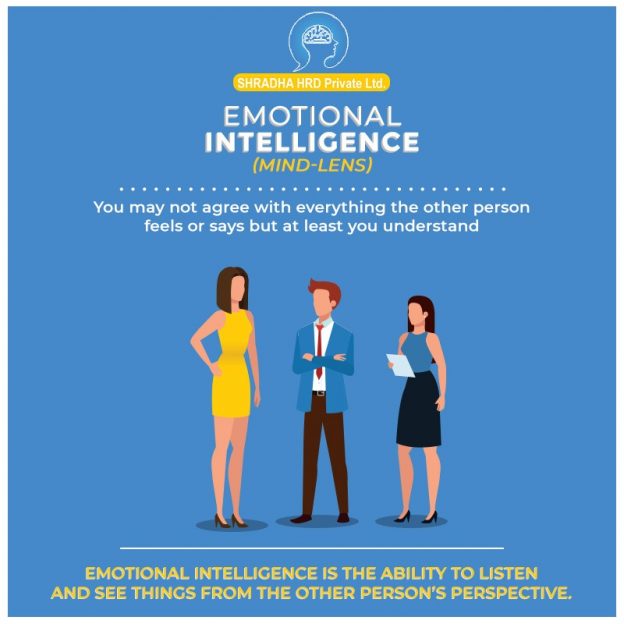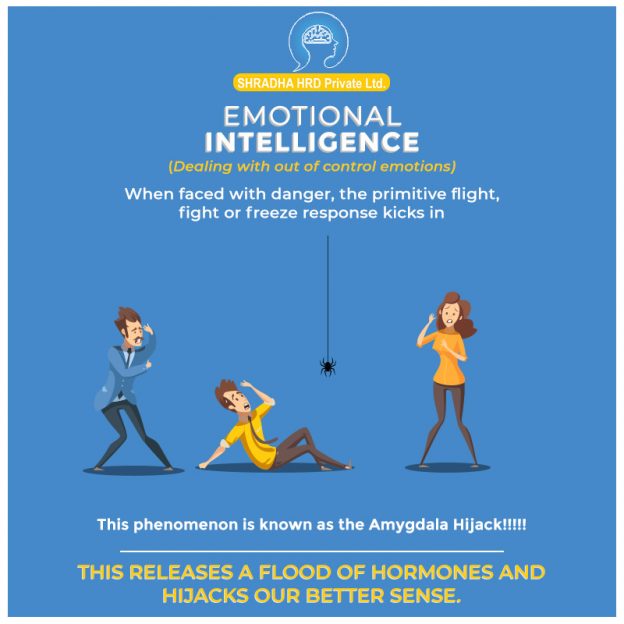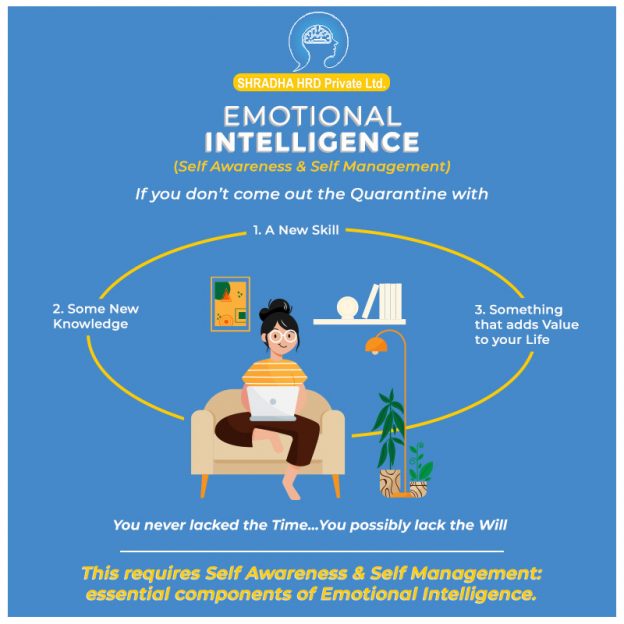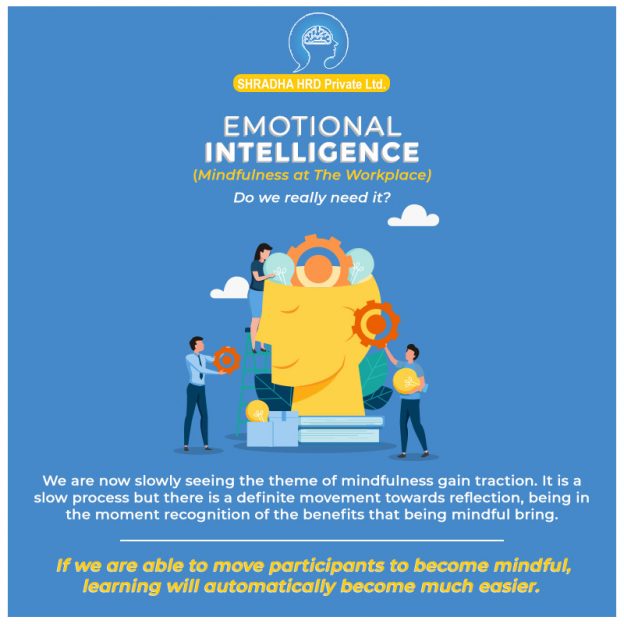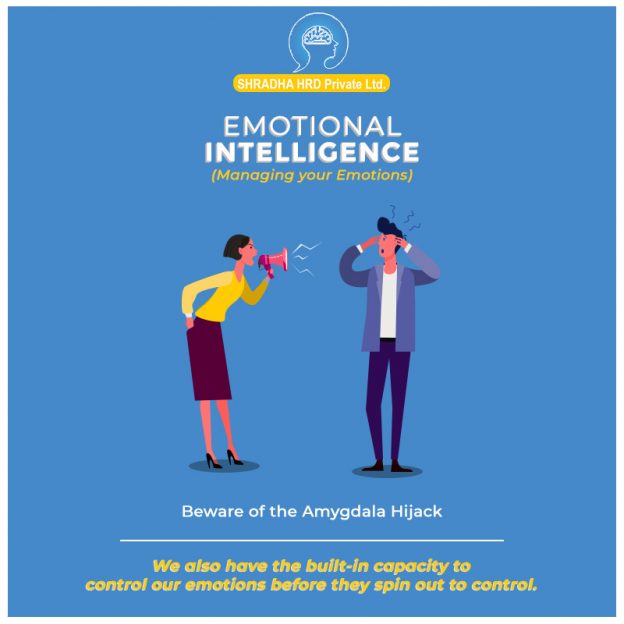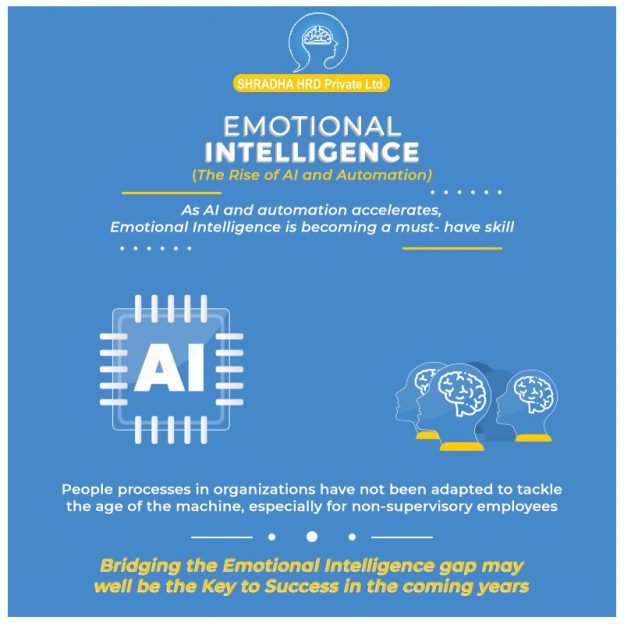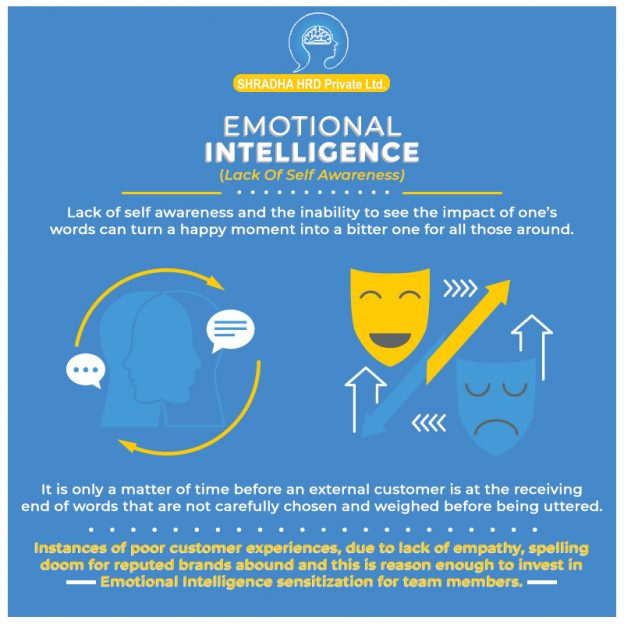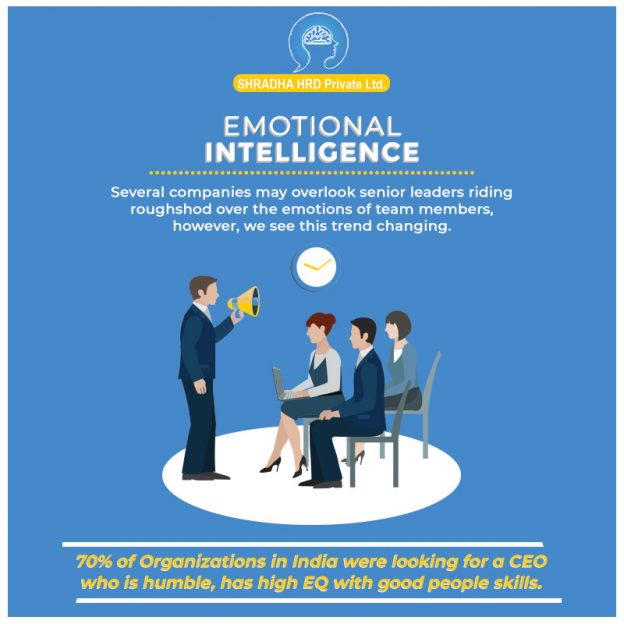Is there a mental cost of#WorkfromHome? Is permanent work from home desirable?
These are some questions that I have been mulling for the last couple of days, because:
I miss sitting around the lunch table with colleagues
I miss the “I’m glad the weekend is here” banter
I miss the 2 minute informal connect with clients before & after a meeting
I miss just the “#humanconnection” that comes with a physical workplace
In a recent interview with the New York Times,Microsoft CEO, Satya Nadella said that permanently working from home can be “damaging for social interaction and mental health for workers”.
This statement resonated with me.
Humans are social beings. If you take them out of their natural habitat, it will be damaging in the long run.
While the current pandemic has made it necessary for us to Work from Home, communicate via video conferences, its not the same as the connect of a physical meeting.
Attending online classes for students is not the same as being at school or college. One of the nicest parts of growing up is being around friends at school.
Virtual classrooms are necessary in today’s times and can be a valuable tool to reach audiences at multiple locations. However, the richness of communication that emerges in a physical classroom cannot be ignored, especially while addressing competencies related to Personal transformation.
I personally feel, Work from Home is great in some situations but moving to this paradigm as a permanent state of affairs will come with a cost!!!!!!
Read on:
https://www.indiatoday.in/technology/news/story/permanent-work-from-home-can-be-damaging-for-mental-health-of-employees-says-satya-nadella-1679313-2020-05-18

